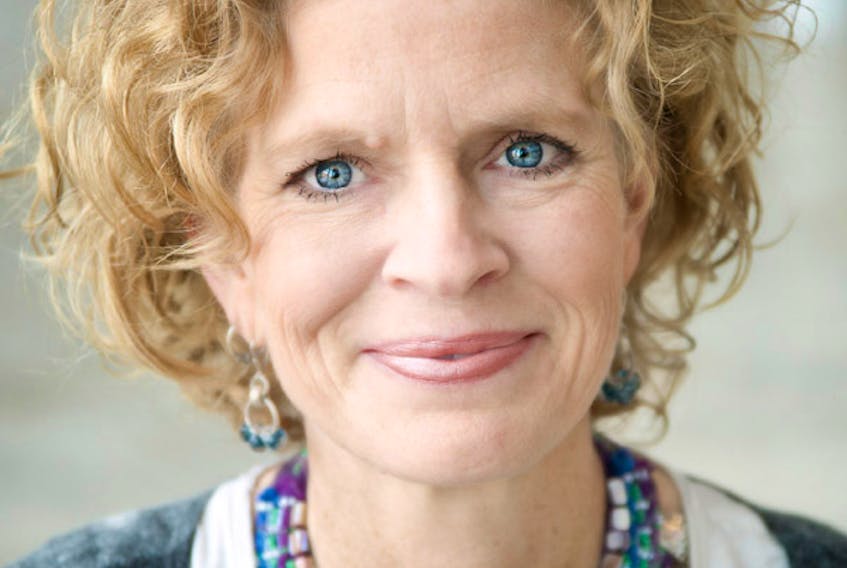Using the bathroom is a basic human need. But, for those who identify as transgender, gender non-conforming, non-binary, or Intersex (among others), the thought of using a public washroom can cause distress or fear. Gender-designated washrooms lack privacy and accessibility for many users, including those who have personal health requirements or mobility challenges, those who are transgender or transitioning, and those who may require assistance from someone of a different gender—such as children and the elderly.
The Canadian Human Rights Act and Criminal Code clarify the right of all people to use a washroom that corresponds with their gender identity and support the development of more inclusive spaces.
Last semester, one of my sociology classes investigated the need for more “gender-inclusive” washrooms at Grenfell. Public bathrooms, they found, are places where many people feel compelled to “pass” as either male or female in order to feel safe. When they don’t pass, bullying and even violence can result.
While Grenfell already has two gender-inclusive washrooms, the students wanted to find out if our campus was responding to the needs of all. So, for a few hours one afternoon, they transformed two washrooms into all-gender washrooms. From there, they collected comments and engaged questions from those who intended to use the modified washrooms and from interested passers-by.
The students’ project involved weeks of research that investigated forms of violence and discrimination against the LGBTQ+ community, such as the “gender border patrol” (the social monitoring of gender expression). Public washrooms, where such surveillance occurs, can be unsafe. Alternatively, all-gender washrooms ease gender scrutiny. My students found that the Grenfell community was generally open to seeing more gender-inclusive washrooms on campus. Feedback indicated that an anti-oppressive environment would enhance the wellbeing of the whole campus.
The sociology class hoped that their project would inspire a reimagining of inclusion at Grenfell and create “a new sense of whose identity is valid, whose gender is valid, and whose life is valid.”
Grenfell is currently planning to modify two more of its washrooms, making them gender-inclusive.
Dr. Rie Croll is an associate professor in social and cultural studies at Grenfell Campus









